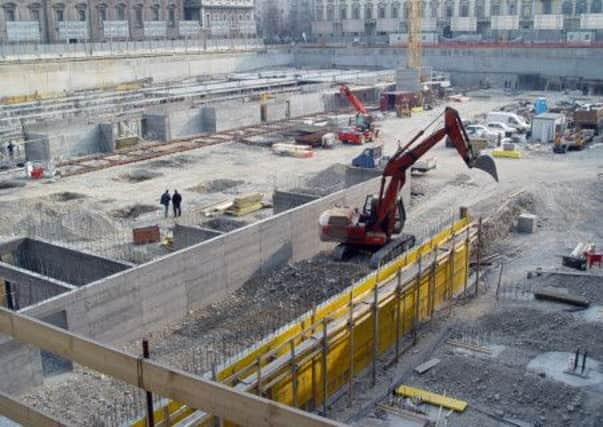We should build on brownfield sites


In addition to the valid comments in that letter with regards to the National Planning Policy Framework process, there is another major issue of policy proposals in the Core Strategy conflicting with principles in the NPPF.
Under Clause Nine of NPPF (March 2012), issued by the Department for Communities and Local Government, two sections read as follows: 79, the Government attaches great importance to green belts.
Advertisement
Hide AdAdvertisement
Hide AdThe fundamental aim of green belt policy is to prevent urban sprawl by keeping land permanently open; the essential characteristics of green belts are their openness and permanence; 80, Green belts serve five purposes: to check the unrestricted sprawl of large built-up areas; to prevent neighbouring towns merging into one another; to assist in safeguarding the countryside from encroachment; to preserve the setting and special character of historic towns; and to assist in urban regeneration by encouraging the recycling of derelict and other urban land.
A number of green development sites being proposed in the Core Strategy fall with the green belt/greenfield open land areas.
Under NPPF 9.82-84, local authorities have the power to review the green belt and propose the extension of new green belt areas in the local plan to protect them from unsustainable and unsuitable development.
It is true we need to build many more houses in England, especially affordable and social housing. However, over 700,000 homes are planned in open countryside while Brownfield land lies idle. It is clear Pendle has a lot of unused brownfield sites and unoccupied industrial estates. These should be used for housing or employment. For instance, there is demolished housing in Nelson, Brierfield and Colne and destroyed mill sites in Waterside (Walk and Spring Gardens Mills) and Oak Mill, Colne, which are causing blight.
David Penney
Colne